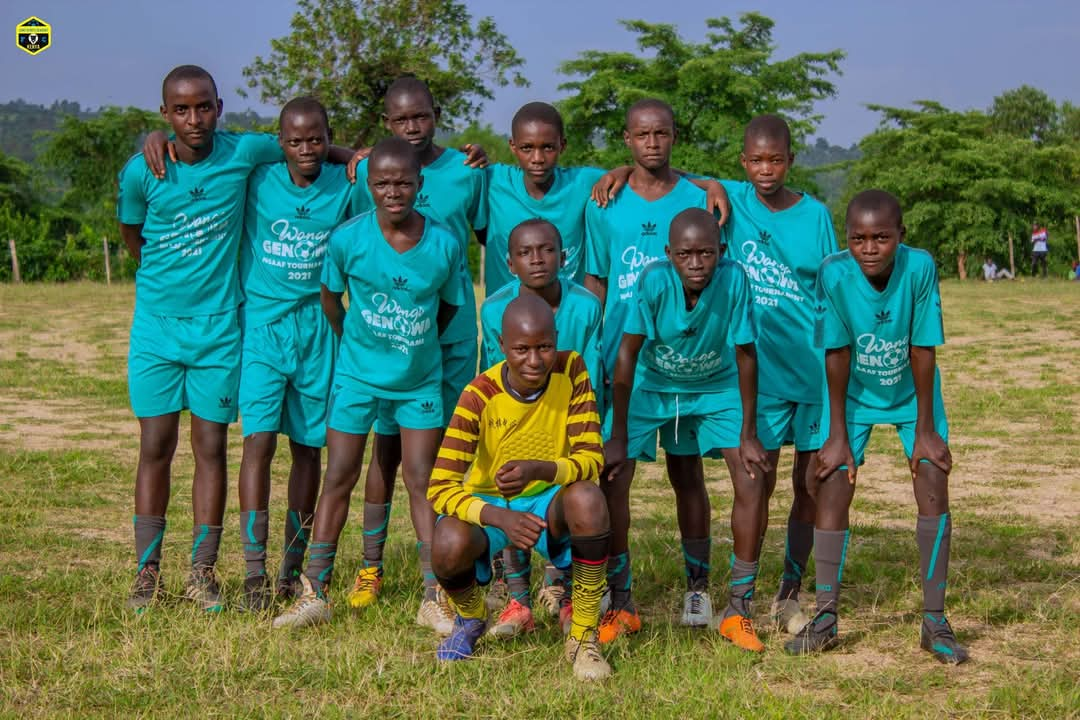A man files a lawsuit to legalize traditional brews from Akamba
A petitioner has approached the court seeking a declaration that the traditional Akamba brews, commonly known as ‘kaluvu’ and ‘mawa’, are not illicit beverages.
Augustus Kyalo Muli, the national patron of the Anzauni Ndene Clan of Kenya, is advocating for his clan’s right to produce and consume these brews as part of their cultural heritage without interference from the state.
Through his lawyer Charles Mwalimu, Muli has requested the court to direct Interior CS Kithure Kindiki and Attorney General Justin Muturi to exempt ‘mawa’ and ‘kaluvu’ from licensing requirements within 30 days. He also wants progress reports to be submitted to Chief Justice Martha Koome.
Furthermore, Muli seeks a declaration that the regulation and brewing of these drinks solely fall under his authority as the National Patron of the Anzauni Ndene Clan of Kenya.
In his arguments, the petitioner contends that the respondents have unjustly restricted the Akamba people from brewing these traditional beverages, labeling them as illicit. This, he argues, infringes upon the community’s cultural rights and jeopardizes its heritage.
Muli asserts that the prohibition of ‘mawa’ and ‘kaluvu’ has had detrimental effects on Akamba cultural practices and has undermined social cohesion within the community.
He criticizes the CS for permitting the sale of foreign alcoholic drinks while continuing to suppress the Akamba local brews, despite their lack of adverse health effects.
To support his case, Muli references a research study by the Faculty of Pharmacy at the University of Nairobi, which suggests that these traditional drinks pose no health risks.
He also points out the High Court’s declaration that the Agikuyu traditional drink muratina, similar to ‘kaluvu’, is not illicit, highlighting the discriminatory nature of the continued suppression of ‘mawa’ and ‘kaluvu’.
‘Mawa’ is a millet beer, while ‘kaluvu’ is a fermented brew made from ‘muatine’ and honey. Both beverages hold cultural significance in Akamba rituals and ceremonies.
Justice Elizabeth Karani has scheduled a mention date for May 28, 2024, to further deliberate on the case.







